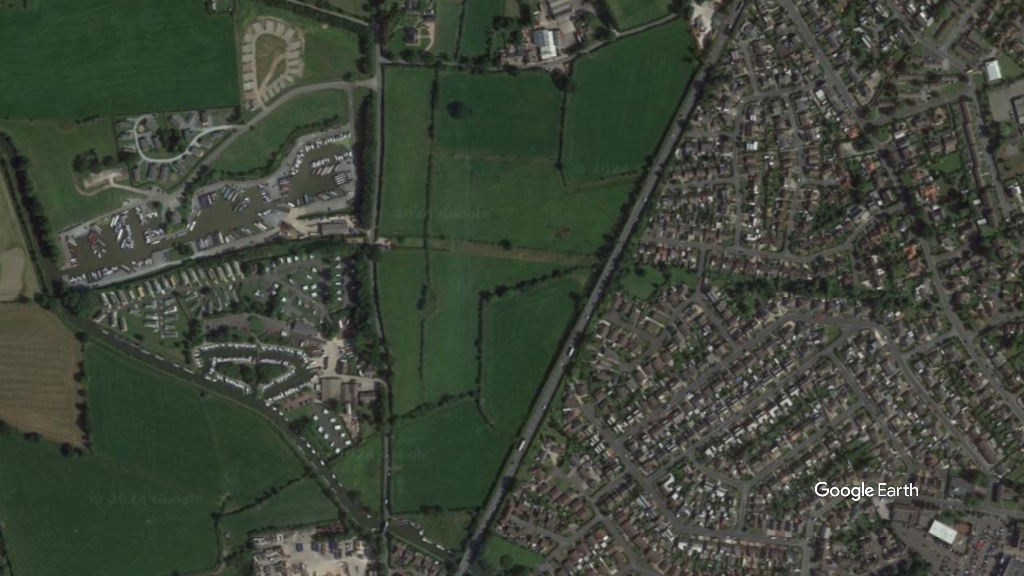DCLG to merge raft of planning policies
The Department for Communities and Local Government has announced plans to scrap a series of planning policy statements and replace them with a single, broader piece of guidance.
Buried in the smallprint of a press release on rural communities, the Government yesterday announced the hurried plans to 'bring together a number of existing planning policy statements covering economic development topics into a single new planning policy statement.'
The move is an attempt to boost development during the recession by cutting red tape in the planning system.
The new PPS will replace Planning Policy Guidance Note 4: Industrial, commercial development and small firms (PPG4, 1992), Planning Policy Guidance Note 5: Simplified Planning Zones (PPG5, 1992), Planning Policy Statement 6: Planning for town centres (PPS6, 2005), Planning Policy Statement 7: Sustainable development in rural areas (PPS7) (as far as it relates to economic development) and paragraphs 53, 54 and Annex D of Planning Policy Guidance Note 13: Transport.
The statement was presented as a response to Matthew Taylor MP's 2008 Review into issues facing rural communities. However, the announcement suggested the new policy document would not be limited to the countryside and would combine 'existing planning guidance aimed at delivering sustainable economic development in urban and rural areas and town centres'.
Andrew Watt, partner, Maze Planning Solutions, based in Bury, said: "The Government has for some time expressed a commitment to producing shorter, punchier statements of national planning guidance. There's a lot of material to squeeze into the proposed PPS when you look at the range of topics covered.
"Inevitably that will mean there's a need for supporting documents and practice statements. Without them the scope for interpretation of the new PPS will be too great. The Government had proposed practice guidance to accompany emerging revisions to PPS6 (Town Centres), the publication of which was imminent until this latest announcement from CLG.
"My fear, which I expect will be echoed elsewhere in the industry, is that the Government's track record of delivering on promises of supporting guidance for PPGs and PPSs is patchy at best. The wholesale change now proposed to policy guidance really must mark the point where Government recognises the importance of issuing any proposed accompanying guidance for consultation at the same time as the text of the principal PPS."
Graham Stock, partner at Driver Jonas in Manchester, added: "The Government is being responsive to the reality that developers find out there. They really need to make planning policy user friendly and this shows good positive thinking towards that.
"I also think the Treasury and Gordon Brown have just said 'we have to do something to help the market and get things moving again, and we almost don't mind what it is'."
The move is initially being packaged as part of the 'prosperity' agenda for rural communities. Housing minister Margaret Beckett and rural affairs minister Huw Irranca-Davies said the new approach would encourage local authorities and developers to identify "exceptional" greenbelt sites that can provide more affordable homes in rural towns and villages.
Beckett said: "We simply must take action to overcome the unsustainable pressures facing the future of rural communities in the North West. All too often the high cost of homes and low wages are pricing young families out of their communities, with the average rural home costing up to nearly ten times the average salary in some rural areas.
"These subtle but important changes are the key to getting the balance right between protection and development in the countryside. This will give local communities in the North West the flexibility they need to take the right decisions on the individual issues they face."



